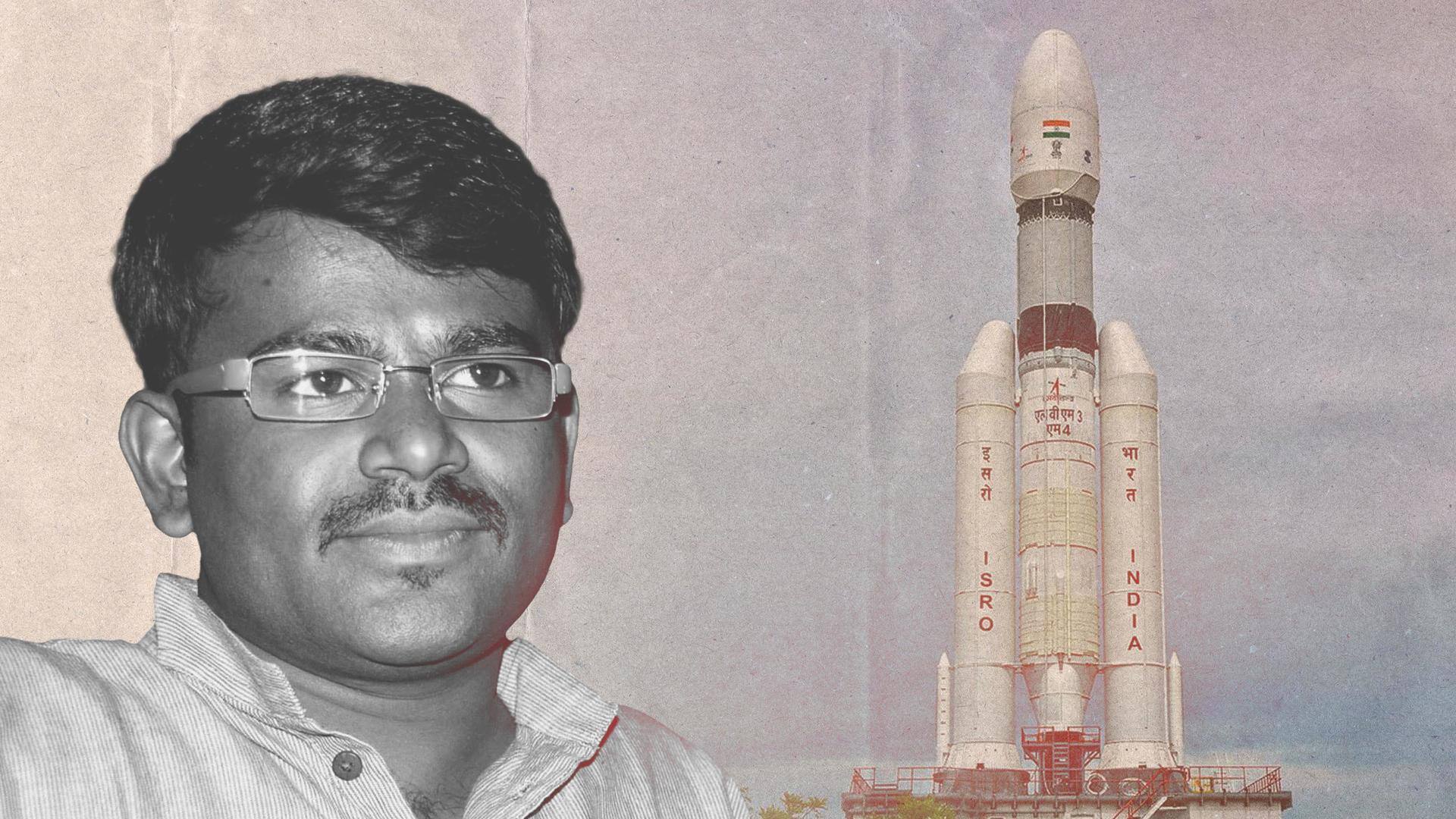
Kannada lecturer 'mocks' Chandrayaan-3 mission, draws government action
What's the story
A Kannada Pre-University (PU) college lecturer from Bengaluru's Malleswaram has been facing flak for allegedly claiming that the Indian Space Research Organisation (ISRO)'s Chandrayaan-3 mission would be a "failure." According to The Indian Express, the Karnataka Department of Pre-University Education has taken cognizance of the matter and sought an explanation from the lecturer, Hulikunte Murthy, who is also a Dalit activist.
Post
Murthy 'ridiculed' moon mission
In his Twitter post, Murthy wrote in Kannada that Chandrayaan-3 will be unsuccessful this time as well. He also used the phrase "Tirupati Nama," allegedly mocking the ISRO scientists who visited Andhra Pradesh's Tirupati temple to offer prayers ahead of the launch on July 14. This invited criticism from both the government and social media users.
Quotes
Lecturer asked to submit response on Wednesday
The deputy director of PU (Bengaluru North) told The Indian Express, "Murthy's social media post on Chandrayaan-3 came to my notice on Monday." "We have sought an explanation from the lecturer as to why he posted such a message. He will submit his reply on Wednesday. Based on it, we will take appropriate action," the official added.
More details
BJP leader writes to new school education minister
Meanwhile, former Karnataka education minister and Bharatiya Janata Party (BJP) leader S Suresh Kumar wrote a letter to School Education Minister Madhu Bangarappa about the lecturer's misconduct. The letter read, "While the whole country was celebrating the successful launch of Chandrayaan-3, this lecturer posted this statement on the same day on his social media account. How can such a person motivate our students?"
Mission
Chandrayaan-3 to land near Moon's south pole
If everything goes according to plan, Chadrayaan-3 would become India's first-ever successful lunar landing and the world's first to land near the Moon's south pole. Chandrayaan-3 is ISRO's second attempt to land on the Moon, a follow-up to Chandrayaan-2 from 2019. The latter crash-landed on the Moon due to a software error. It carried an orbiter that is still studying the Moon today.
Poll